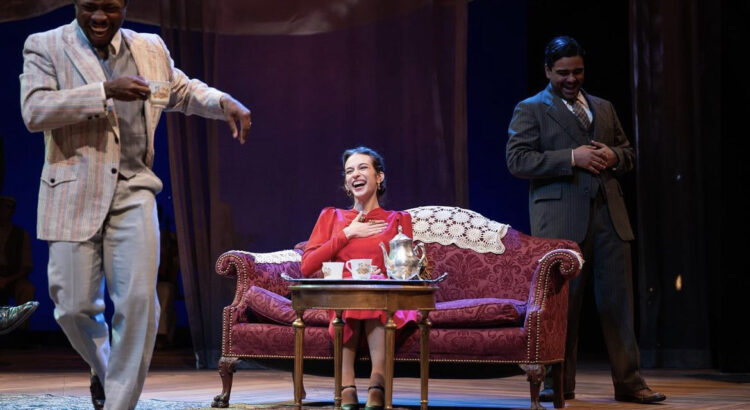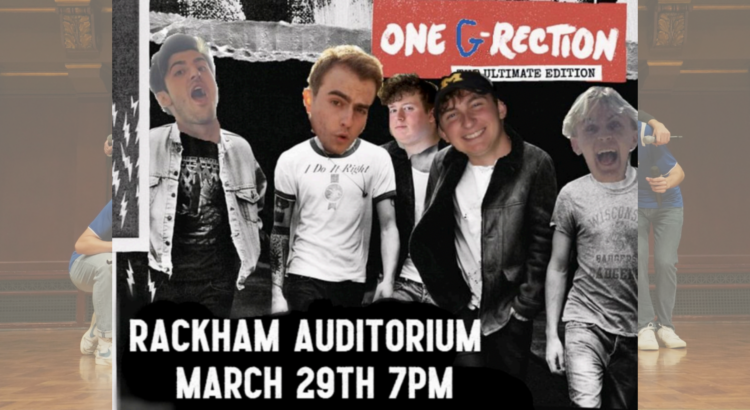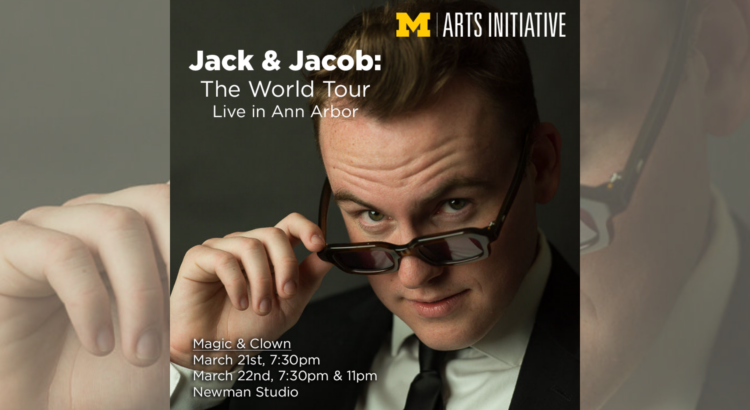This past Monday, I attended the weekly Blind Pig Comedy Night, a stand-up open mic that serves as a consistent place for up-and-coming Michigander comedians to try out material and secure performance time. Located on South 1st Street, The Bling Pig is a popular bar and artistic venue that frequently hosts artists of all mediums.
While some events only require attendees to be 18+, Bling Pig Comedy Night requires their audience to be 21 years of age or older. As a recent 21-year-old, I was excited to take the opportunity to engage with more stand-up comedy in the Ann Arbor area. Earlier this semester, I attended a somewhat underwhelming and slightly awkward show at Ann Arbor Comedy Showcase, and the Blind Pig piqued my interest by providing a second chance for the downtown comedy scene.
Upon arriving at the Blind Pig several minutes after the first comedian’s set began, I was surprised to see the minuteness of the crowd, although in hindsight I’m unsure why I anticipated a large crowd at 8:30 p.m. on a Monday. Grouped at high-top tables the audience was small but engaged – I was certainly the youngest attendee, and I predict the majority of audience members were in their thirties and forties.
Each comedian’s set catered to the generational makeup of the audience. While I understood every pop culture reference and joke about taxes, I didn’t find any of the sets particularly funny or entertaining. I did not attend this event anticipating Second-City-level performances, but I was slightly disappointed by my lack of enjoyment at the Blind Pig. I simply don’t think these comedians are for me; while they did elicit some giggles from older audience members, the energy of the crowd that night was by no means raucous or terribly dynamic.
My biggest gripe with the performances at this open mic was the heavy reliance on juvenile sexual jokes. While I will not get too specific or graphic in describing these, the frequency with which each comedian, regardless of gender, relied on making highly sexualized comments about women’s bodies was disappointing. It was clear that each comedian was attempting to evoke a shocked reaction from the audience members with these crass and overplayed jokes, but this hardly worked. I was also surprised at the frequency with which the comedians cracked jokes at the expense of the LGBTQ+ community – some tasteful, some not. It appeared as though each performer felt some sort of obligation to lean on jokes about sex or the queer community when all else failed.
While the content of the stand-up sets was not my favorite, I did really appreciate the environment that The Blind Pig created for both its audience and performers. The energy of the room was very tight-knit and conversational, and it’s clear that the venue succeeded at creating a casual space for comedians to test out material and audiences to unwind after a long day at work. The staff was kind, the drink affordable, and the audience warm, which provided an overall pleasant experience.
While my quest for laughter on a Monday night following the completion of my finals was not quite fulfilled, I still enjoyed my time at the Blind Pig Comedy Night. Although I may not attend this specific event again, I look forward to attending more artistic happenings at this venue in the future.






